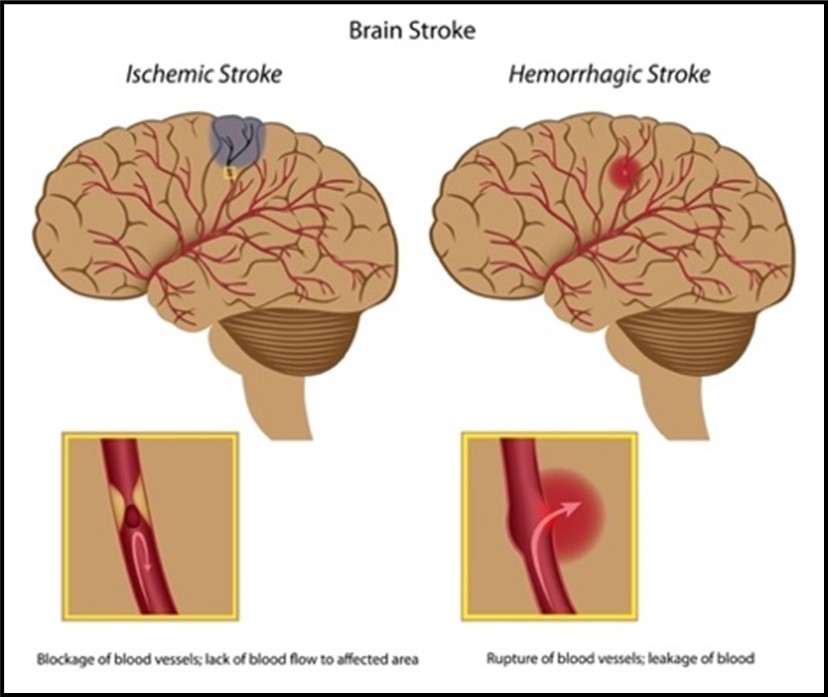 A CVA, commonly referred to as a “stroke” occurs when the blood supply to the brain is interrupted or reduced causing a lack of oxygen and nutrients to the brain. This causes brain tissue to die within minutes resulting in a variety of conditions that may be permanent or temporary depending on the location, severity, and type of stroke.
A CVA, commonly referred to as a “stroke” occurs when the blood supply to the brain is interrupted or reduced causing a lack of oxygen and nutrients to the brain. This causes brain tissue to die within minutes resulting in a variety of conditions that may be permanent or temporary depending on the location, severity, and type of stroke.
Some common effects of stroke are motor impairment (difficulty walking or moving arms), swallowing, speech or language and vision. The effects of stroke on vision and hearing depends on the location and the degree of damage to the brain.
When a stroke impacts the right side of the brain, it is more likely that visual functions will be impacted including visual field loss, blurry or double vision and sensitivity to light. There can also be problems with depth perception and movement of objects and people. Sometimes a stroke can cause entire parts of the visual field to be absent. For some people, vision therapy may help a person to regain some or all their vision. For others, vision loss is permanent.
Stroke is more likely to cause vision loss than hearing loss, although hearing loss can occur as a result of stroke. The impact on a person’s hearing following a stroke depends on the location and severity of the stroke. For example, a stroke that causes damage in the temporal lobe of the brain may result in a mild hearing loss if the damage is only in one temporal lobe. Although rare, if both temporal lobes are impacted, the result can be complete deafness.